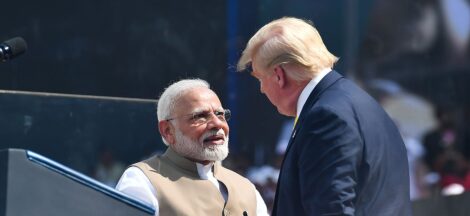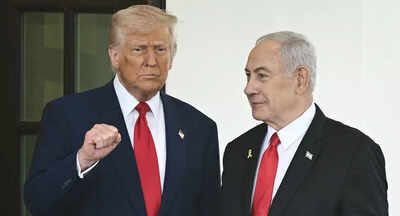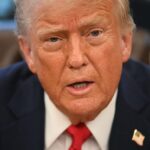President Donald Trump has declared a 90-day suspension of tariffs on imports from over 75 countries that have refrained from retaliatory actions, reducing the reciprocal tariff rate to 10% during this period. Conversely, imports from China will face an escalated tariff of 125%, a response to Beijing’s recent imposition of an 84% levy on American goods.
The President’s decision follows extensive negotiations with numerous countries aiming to alleviate escalating trade tensions. Administration officials, including Treasury Secretary Scott Bessent and Commerce Secretary Howard Lutnick, emphasized that these tariff adjustments are strategic moves to strengthen the United States’ position in global trade discussions.
The announcement had an immediate and significant impact on financial markets. The Dow Jones Industrial Average surged by 2,962.86 points, closing at an unprecedented high of 40,608.45, marking its largest single-day point gain. Similarly, the S&P 500 and Nasdaq Composite experienced substantial increases of 9.5% and 12%, respectively.
European Commission President Ursula von der Leyen welcomed the tariff suspension, viewing it as a positive step toward global economic stability. However, she did not confirm whether the European Union would proceed with its planned retaliatory tariffs on $23 billion worth of U.S. goods, previously approved in response to earlier U.S. tariffs on steel and aluminum imports. Von der Leyen emphasized the EU’s preference for negotiated trade solutions and its commitment to free trade, indicating that the Commission is currently assessing the situation in coordination with member states and industry representatives.
The business community has exhibited mixed reactions to the President’s abrupt policy shift. Supporters argue that this maneuver exemplifies Trump’s negotiation tactics, as outlined in his 1987 memoir “The Art of the Deal.” Investor Bill Ackman praised the move as a classic Trump strategy. Conversely, critics contend that such unpredictability could undermine consumer confidence and spending, potentially harming the economy.




 Efforts to Finalise Trade Agreement with United States
Efforts to Finalise Trade Agreement with United States 